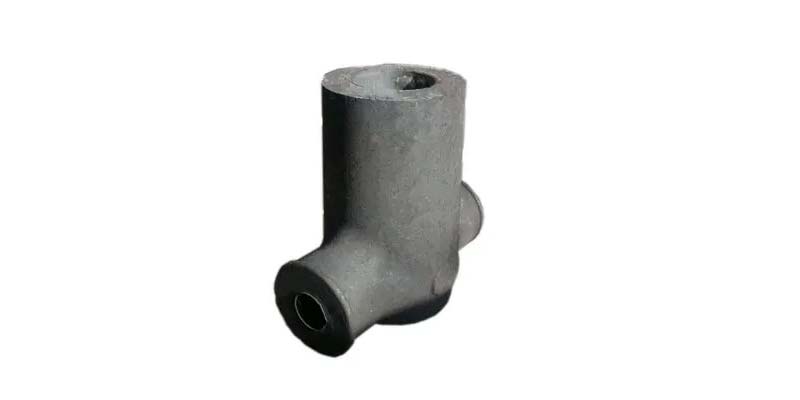- Contact Innally, Let you purchase forgings in China more favorable prices, products more assured!
- Hotline:+(86)15038323776 Email:innally@innally.com
Material selection points of body parts forgings
- Category: Stainless steel forging, Thermal forging
- |
- Date: 06/12/2023
the material selection of body fittings forgings involves a number of considerations, including corrosion resistance, strength and durability, sealing performance, machinability and cost-effectiveness, and environmental friendliness. When selecting forging material, comprehensive evaluation and optimization should be made according to the specific working conditions and requirements of the valve.
Product Details
In the valve manufacturing, forging as a key part, its material selection has an important impact on the performance, life and safety of the valve. This article will discuss the main points of the choice of body parts forging material to help improve the quality and reliability of the valve.
First, corrosion resistance
Corrosion resistance is an important consideration when choosing a forging material. Valves often need to work in corrosive media, such as acid, alkali, salt water, etc. Therefore, the selection of materials with good corrosion resistance is the key to ensure long-term stable operation of the valve. Common corrosion resistant materials include stainless steel, alloy steel and copper alloys. These materials have excellent corrosion resistance and are able to maintain stable chemical properties in harsh environments.
Second, strength and durability
Strength and durability are one of the required properties of body fittings forgings. The valve needs to withstand the load from the medium pressure, mechanical stress and thermal stress during the working process. Therefore, the selection of materials with high strength and durability is essential for the normal operation of the valve. Common high strength and durability materials include carbon steel, alloy steel and titanium alloy. These materials have excellent mechanical properties and fatigue resistance, and can withstand high stresses and cyclic loads.

Three, sealing performance
Sealing performance is one of the key functions of the valve, and the material selection of the forging directly affects the sealing performance of the valve. When selecting the forging material, its compatibility and match with the sealing material should be considered. For example, some soft sealing materials may chemically react or physically change with certain metals, resulting in leakage or failure. Therefore, when choosing the forging material, it should be tested for compatibility with the sealing material to ensure its good sealing performance.
Processability and cost-effectiveness
When choosing forgings material, its machinability and cost-effectiveness should also be considered. Although some materials have excellent performance, it is difficult to process, high cost, and may not be suitable for large-scale production. Therefore, in the selection of forging materials, should consider its performance, processing difficulty and cost and other factors, choose cost-effective materials. At the same time, we should also pay attention to the source and supply of materials to ensure its stable and reliable supply.
- Environmental friendliness
Environmental protection has become one of the focuses of today’s society, so its environmental friendliness should also be considered when choosing forging materials. Some traditional metal materials may cause environmental pollution or waste of resources in the process of production and treatment. Therefore, when choosing forging materials, priority should be given to renewable, recyclable and environmentally friendly materials, such as aluminum alloy and some special alloys. These materials not only have good performance, but also meet the requirements of sustainable development.
In summary, the material selection of body fittings forgings involves a number of considerations, including corrosion resistance, strength and durability, sealing performance, machinability and cost-effectiveness, and environmental friendliness. When selecting forging material, comprehensive evaluation and optimization should be made according to the specific working conditions and requirements of the valve. Through the reasonable choice of forging material, the quality and reliability of the valve can be improved, its service life can be extended and its safe and stable operation can be ensured. At the same time, we should also pay attention to the development dynamics of new materials and technologies, and constantly introduce innovative materials and processes to meet changing market demands and technical challenges.
nannan
INNALLY website editing, to provide you with forging related information
Related Products
Search
Forging center
- Steel forgings
- Aluminium alloy forging
- Titanium alloy forging
- Stainless steel forging
- Copper forging
- Automotive forgings
- Locomotive forging
- Bicycle forgings
- Motorcycle forging
- Rigging and fasteners
- Bearing forging
- Electric power fittings
- Marine forging
- Mechanical forgings for metalworking
- Mining machinery forgings
- Marine engineering forgings
- Construction machinery forgings
Popular product

© 2025. All Rights Reserved.






